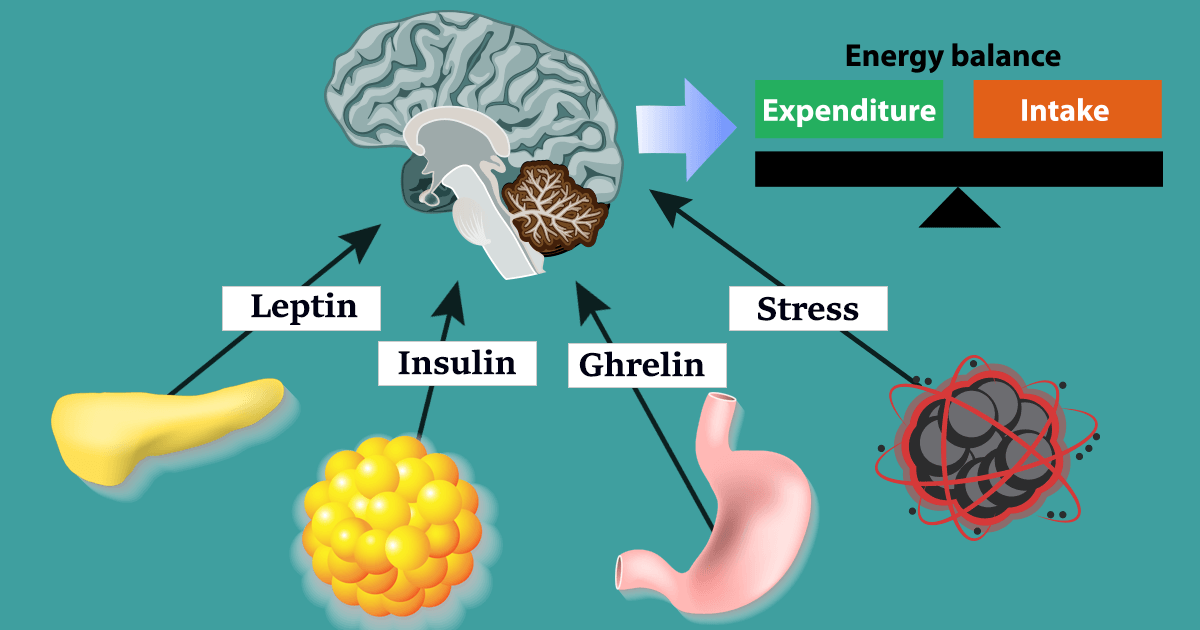The Appetite Hormones
Hunger Hormones and You...

When we think about hormones, we may picture testosterone or oestrogen, the (predominantly) male and female sex hormones that are largely responsible for many of the defining key characteristics between the sexes, among other things. We may also consider insulin, the ‘shuttle’ hormone that originates in the pancreas, and plays a vital role in how the body accesses its main energy source, glucose. Many of us have a base understanding of just how powerful hormones are, and how a slight imbalance can cause major changes in our physical and mental health.
Knowing this, it’s surprising that there is a general lack of awareness surrounding the two hormones that likely play a huge role in our appetite, essentially pulling the strings on how hungry or satiated we feel. These hormones are called Leptin and Ghrelin.
Leptin – is a hormone produced by the fat cells (adipose cells) and helps regulate energy balance (energy homeostasis - the coordinated regulation of energy intake vs energy expenditure) by curbing hunger when the body has an abundance of available energy.
Ghrelin – is a hormone produced within the cells of the stomach. Ghrelin too helps to regulate the energy balance within the body by increasing appetite and generating the feeling of hunger when the body’s energy stores are low.
Think of Leptin and Ghrelin as mediators of the body’s energy balance, one raising its voice over the other when energy stores are low and initiating the feeling of hunger (Ghrelin), the other doing the reverse when the opposite is true and the body has enough energy on tap to sustain its self (Leptin).
This energy balance plays the starring role in the management of body weight. In very simple terms, if the intake of energy outweighs the expenditure, body weight increases. If the expenditure of energy is greater than the intake, body weight decreases and if they are in balance, body weight remains the same.
It is understood, that in obesity, a decreased sensitivity to Leptin can occur, similar to insulin resistance, resulting in an inability to detect satiety despite high energy stores and rising levels of Leptin.
Knowing the key roles played by the two appetite hormones, it’s only sensible to want to know what we can do to directly ensure they remain balanced; the answer however is something you probably already know. It’s as simple as:
· Getting consistent quality sleep
· Managing stress levels
· Exercising regularly
· Maintaining a balanced whole food diet high in nutrition and staying optimally hydrated
These measures may seem like broad strokes but in truth, they are the simple solutions to many of the chronic health issues that are becoming increasingly more common and widespread. Simply put, the body will take care of the intricacies on the inside if given the adequate raw materials and nurturing that it requires.

